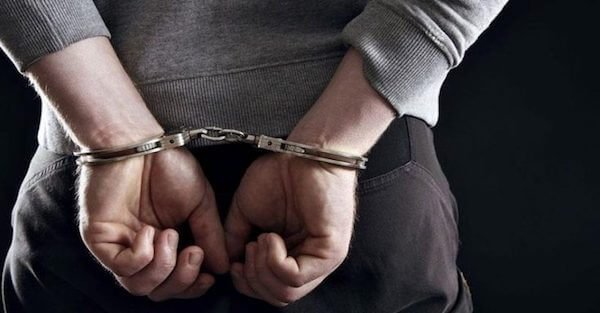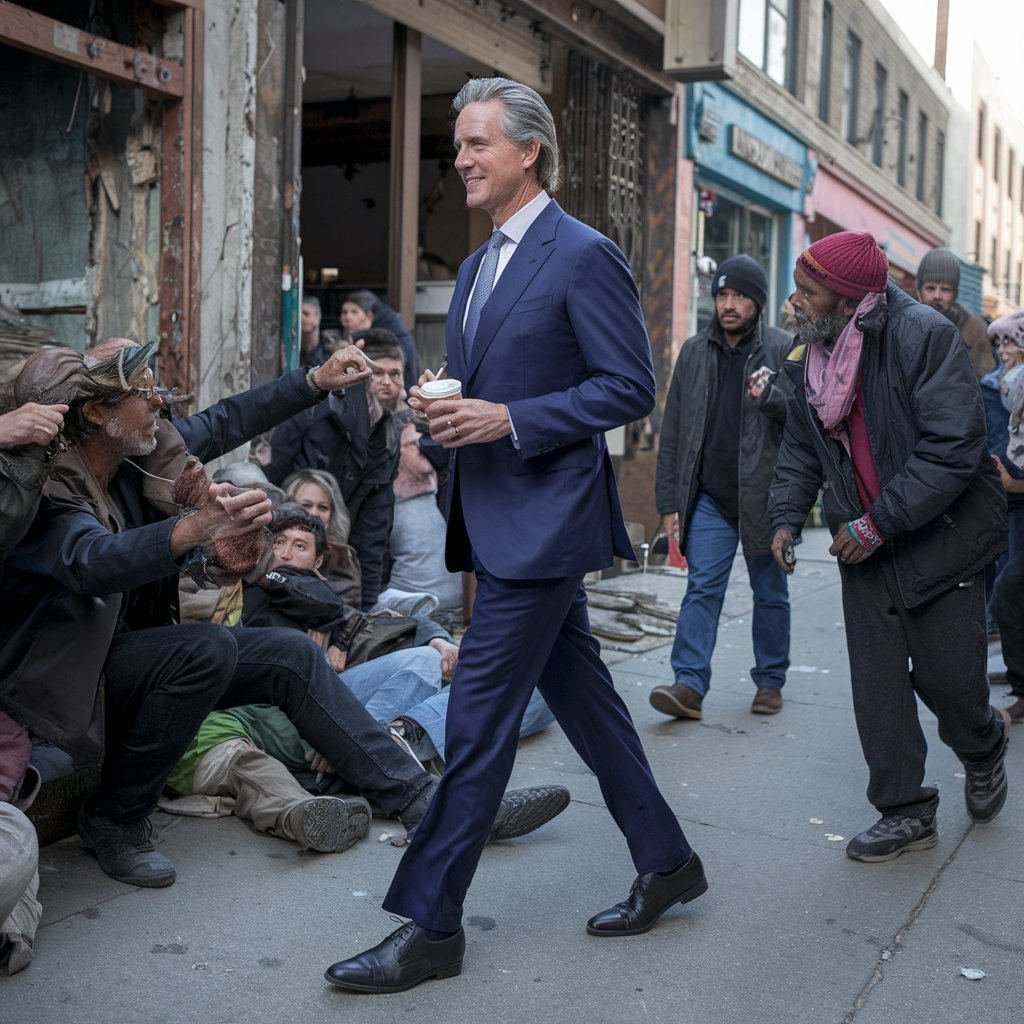On June 15, 1215, King John sat in a field in Runnymede, England, surrounded by angry nobles.
His Barons—the big landowners throughout England—had rebelled and seized London, forcing King John to sign an agreement guaranteeing certain rights to the people of England… and restrictions of his power.
This agreement was called the Magna Carta. And it would become one of the most important documents in history.
Centuries later in 1678, Charles II was King of England. Like many kings, Charles was terrible with money.
And when he ran out of it, he started demanding extra taxes from his knights, and imprisoning those who refused to pay.
The King was once again surrounded by angry nobles, this time in the Parliament building. There he signed the writ of Habeas Corpus in exchange for more money.
Best tax dollars ever spent. Habeas Corpus said that government officials could not imprison people for no good reason. Prisoners had the right to go before a judge to determine if their imprisonment was justified.
Just because the government accused you of something didn’t mean they could do whatever they wanted to you.
About a hundred years later, American colonists got fed up with the King of England once again.
The government exists to serve the people, they said. If the government wants to accuse, search, or arrest you, they better have a good reason. And they better allow you every opportunity to clear your name.
In 1791, the Bill of Rights enshrined into law the right to speak out against officials, the right to be considered innocent until proven guilty, and to be secure against unreasonable search and seizure.
These concepts of individual rights were shaped in the UK and US. But they apply universally.
Unfortunately, some governments seem determined to erase all this progress.
If you’re traveling to New Zealand, you should be aware of the Customs and Excise Act of 2018. It just went into effect at the beginning of October.
New Zealand Customs and Border agents can now demand passwords for any electronic devices you bring into the country. They can download the entire contents of your phone or laptop, and search through it for evidence of a crime.
Agents could always search phones and laptops at the border. But now they can fine you up to $5,000 ($3,300 USD) for refusing to hand over the passwords, codes, and encryption keys to your devices.
The new law also allows Customs agents to collect biometric data from anyone entering the country. That means they can take your fingerprints, photo, or iris scans, store them, and share them.
And even worse, New Zealand’s Customs website explains:
“Making an arrest without a warrant can now be done with no limitation to timeframe.”
So now you officially have no rights at the New Zealand border.
Agents can search your electronics without cause, and fine you for refusing to give out your password. They can collect, store, and share any of your biometric data they want.
They can arrest you without a court order, and hold you for as long as they like.
It’s not like New Zealand is some third world country… They actually adopted the Habeas Corpus Act in 1881 while under British rule.
Along with the the UK, USA, Australia, and Canada, New Zealand’s legal system is part of the Western tradition. This is the legal basis, starting with the Magna Carta, that protects common people’s rights against overreaching authorities.
These countries also make up the Five Eyes intelligence alliance… They have all agreed to share secrets from their spy agencies with one another.
For a visualization of the Five Eyes Alliance, just look at a map of Oceania from George Orwell’s 1984—the dystopian classic portraying the ultimate authoritarian police state.
And unfortunately, New Zealand isn’t the only Five Eyes government acting like Big Brother—the embodiment of the omnipresent surveillance state in 1984.
Since 9/11 the US has also been searching travelers’ electronics at the border. But they kept the practice small scale for a while.
With the 9/11 terrorist attacks fresh, it didn’t really bother anyone. Anything in the name of national security…
But by 2015 Customs and Border Protection searched the electronic devices of 8,503 airline passengers throughout the year.
In 2016 it escalated to 19,033 searches.
And in 2017 Customs Agents searched the phones and laptops of 30,200 travelers.
Just like in New Zealand, agents didn’t get warrants for these searches. They didn’t even require probable cause.
In January of this year, US Customs sent out new guidance about phone and laptop searches at the border.
It says they can search anyone’s electronic devices “with or without suspicion.”
It says passengers are “obligated” to turn over their devices as well as passcodes for examination. If you refuse agents can seize the device.
That is all considered a “basic search.” No suspicion needed.
To add insult to injury, the January guidance starts, “CBP will protect the rights of individuals against unreasonable search and seizure and ensure privacy protection while accomplishing its enforcement mission.”
This is another page taken from Orwell. Doublethink. They want us to believe two contradictory ideas at the same time.
They treat everyone like a criminal, they say, to protect the innocent.
They search the innocent to protect their rights.
Habeas Corpus, the right to be secure against unreasonable search and seizure, the rights of the accused… these are quickly becoming lost to the memory hole of history.








